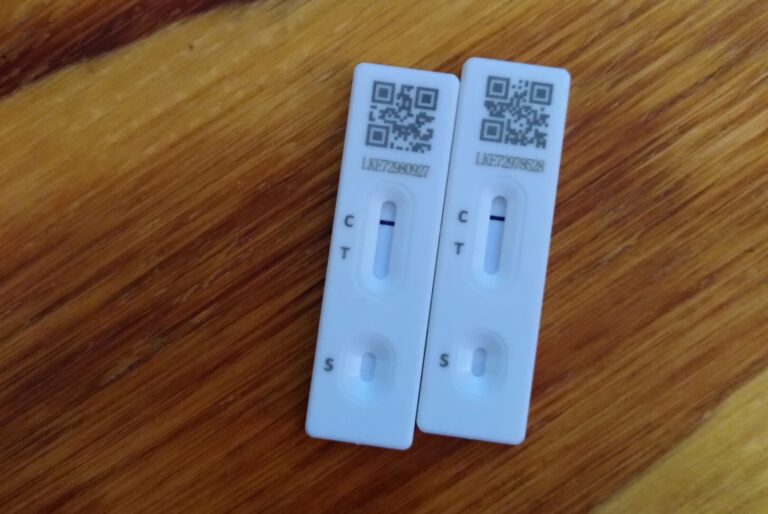The COVID-19 pandemic and the response of the government of the United Kingdom have exacerbated deep-seated inequalities. People of color and disabled people have been disproportionately impacted during the pandemic. This essay has two authors, Sophie, a white disabled academic from England, and Denise, an Asian music therapist from Hong Kong; we are friends who live in Bristol. By examining our understanding of the pandemic through our lived experiences and identities, we provide transparency for engaging with our individual and shared perspectives. We use Mia Mingus’s concept of access intimacy to characterize our friendship as one which prioritizes accessibility and a deep understanding of each other’s realities whilst respecting and learning from our differences. We explore the idea of vulnerability and what it means to be made vulnerable during COVID, as well as the notion of ungrievability. Through engaging the concept of embodied belonging we address care as a necessity in response to all the ways in which this pandemic has highlighted and exacerbated vulnerability, ungrievability, and challenges to finding a sense of belonging. We demonstrate solidarity, empathy, joy, love, respect, and a deep reverence for each other and our journeys through hostile environments, providing a counterpoint to the neoliberal structures of oppression as we find ways to live, create, and flourish.
Articles by Sophie Savage
Sophie Savage is a disabled queer academic, working at the University of the West of England, Bristol as an Associate Lecturer in Sociology and completing a DPhil. Sophie is a psycho-social researcher who has a primary focus on disability, education, and social justice, most recent projects include Disability Rights and Robotics: Co-Producing Futures and has been trailblazing the use of telepresence teaching in higher education. Sophie is a member of the Association for Psychosocial Studies and a board member of the Association for the Psychoanalysis of Culture & Society.
